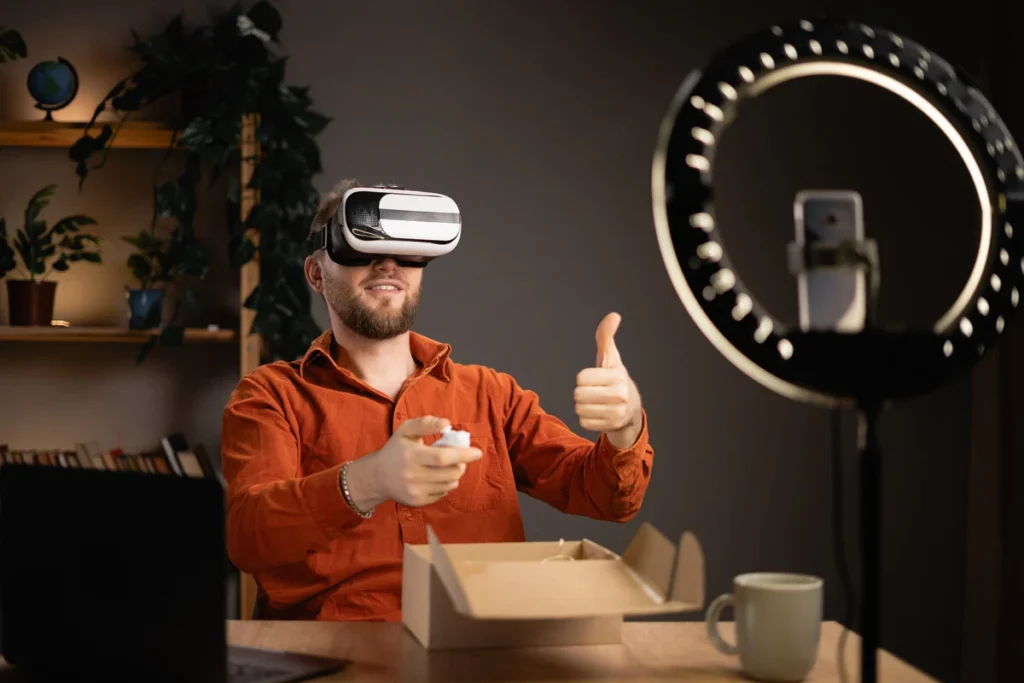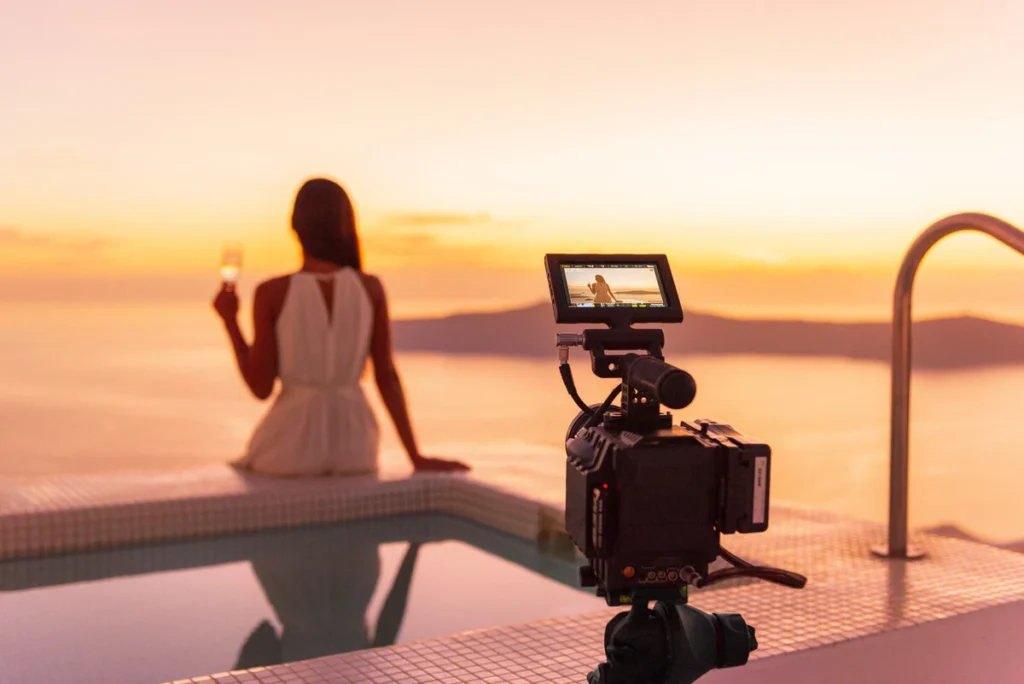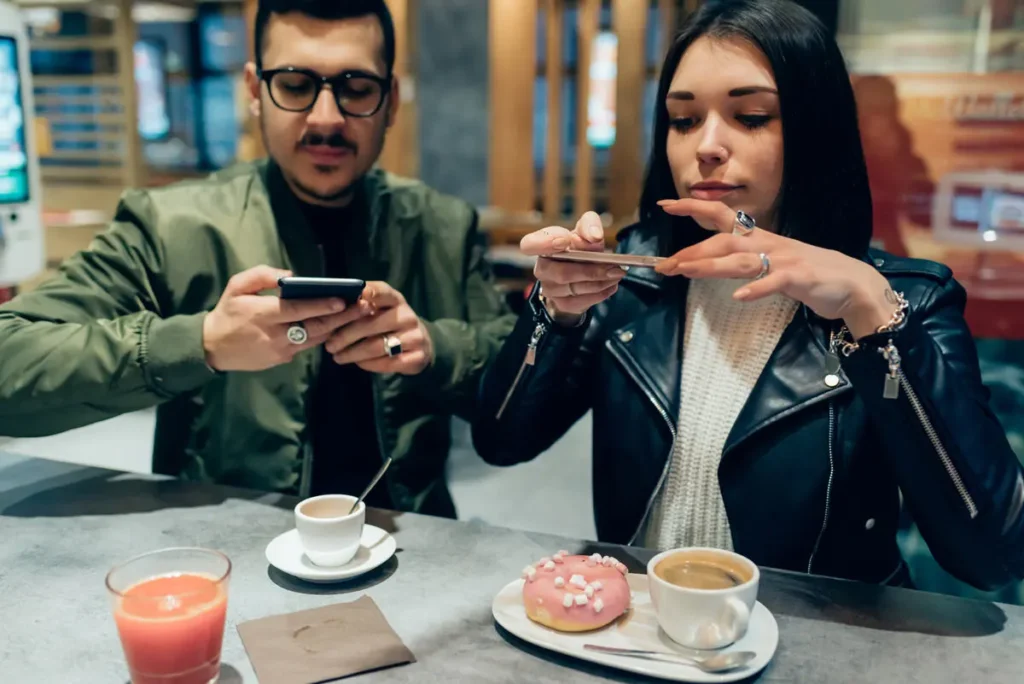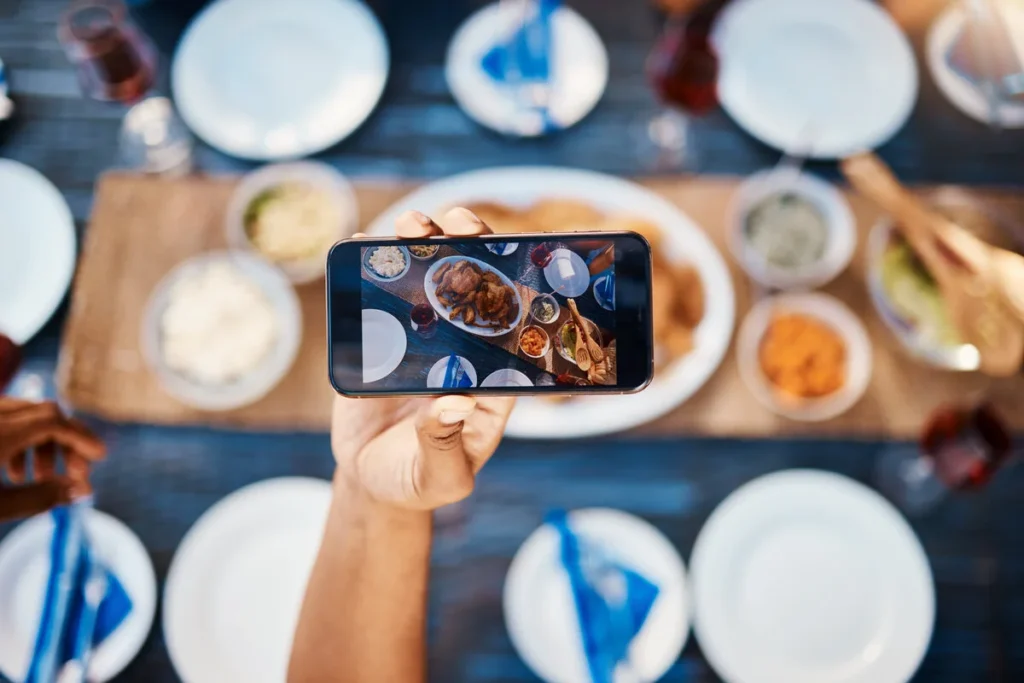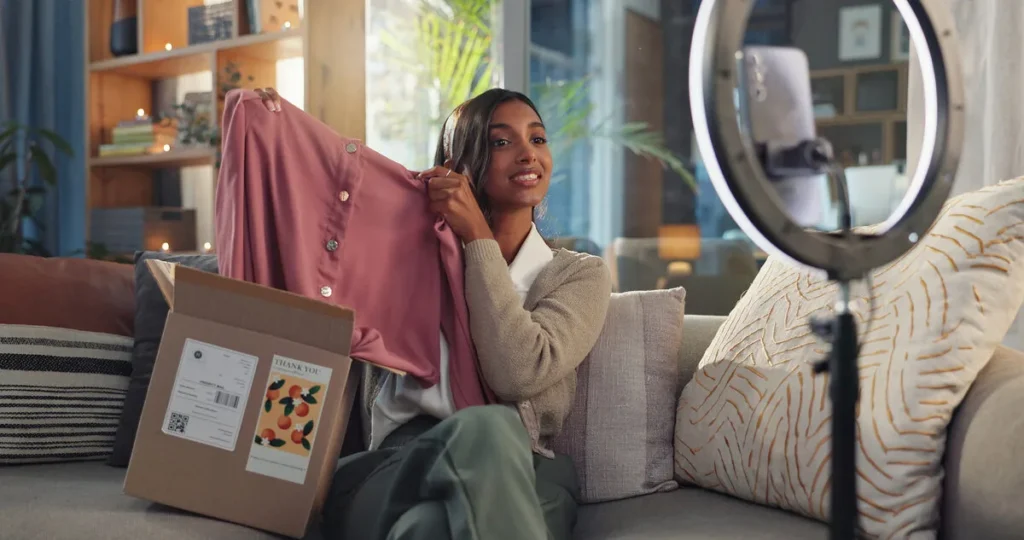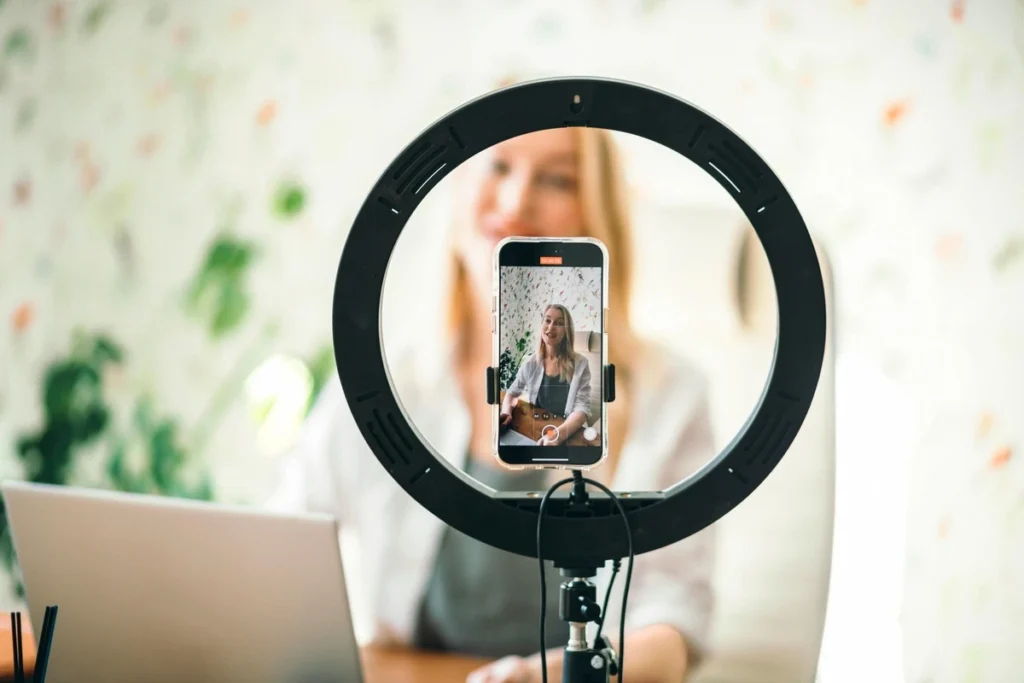The Lion's Den
What Is The ROI Of B2B Influencer Marketing?
25 Influencer Marketing

What Is A Good ROI For Influencer Marketing?
Understanding ROI In Influencer Marketing
For marketing professionals aiming to justify their budgets or reevaluate their strategies, ROI—or return on investment—is a pivotal concept. It’s essentially a measure of the profitability of a venture.
In the realm of influencer marketing, a good ROI signifies maximizing returns on the money spent on campaigns via influencers. Given the unique nature of influencer platforms and partnerships, the ROI varies significantly.
Check out the 25 influencer marketing statistics that brands should know!
Determining The Average ROI For Influencer Marketing Campaigns
Studies highlight noteworthy data; for instance, businesses often see an average of 11 times higher ROI from influencer marketing compared to traditional advertising methods. More specifically, successful influencer marketing campaigns can yield a return of $5.20 for every $1 spent.
Comparing Influencer Marketing ROI With Traditional Marketing
It’s clear from these comparisons that influencer marketing holds a substantial advantage over traditional forms of advertising. Display ads and other traditional media deliver considerably lower ROI, bolstering the argument that influence-driven strategies offer more bang for the buck.
Factors Affecting The ROI Of Influencer Marketing
Various factors can sway the effectiveness of your influencer strategy. Starting with choosing the right influencers aligned with your brand, setting clear objectives for your campaign, and targeting your message correctly are all pivotal in optimizing ROI.
Given its superiority in driving engagement and sales, adopting a strategy focused on the ROI of influencer marketing is not just beneficial; it’s essential. By leveraging platforms like Lionize, marketing professionals can enhance their strategies and surpass their ROI expectations.
What Is A Good ROI For B2B Marketing?
Understanding the ROI of B2B marketing is crucial for marketing professionals looking to make informed decisions about their strategies. In a B2B context, where transaction values can be significantly higher and the sales cycle longer, the definition of ROI might differ slightly compared to B2C marketing. Generally, an ROI of 5:1 is considered strong in B2B, meaning for every dollar spent, five dollars are generated in revenue. However, each campaign is unique, and ROI should be measured against specific objectives and industry standards.
When comparing ROI in B2B influencer marketing to B2C, the dynamics shift towards creating valuable, trust-based relationships rather than quick transactions. B2B campaigns often have a higher initial investment due to the complexity and customization required in approaching industry-specific influencers.
There are numerous examples of successful B2B ROI figures. For instance, B2B campaigns in tech often report ROIs upwards of 7:1. This is achieved through strategic partnerships with B2B influencers who possess not only reach but also authority and credibility within specific sectors.
Several key factors can influence the ROI of B2B marketing. These include the relevance of the influencer to the target audience, the quality of content, and the alignment of the campaign with overall business goals. Additionally, leveraging technology and data analytics can enhance decision-making and optimization, maximizing ROI potentials.
Is Influencer Marketing Effective For B2B?
Influencer marketing has traditionally been associated with B2C sectors; however, its influence is rapidly growing in the B2B landscape. The crucial factor here is trust and credibility, which are core in B2B transactions. In the B2B world, decisions are often high-stakes and involve multiple stakeholders, making trust a key element in the decision-making process. B2B influencer marketing effectively builds this trust by leveraging industry experts who have established credibility within their niche.
Case studies abound showing the success of B2B influencer marketing. For example, companies like SAP have successfully utilized industry thought leaders to drive their B2B marketing campaigns. By aligning with these experts, SAP was able to reach an audience that inherently trusts the opinions of established figures in the enterprise software space. This trust translates into a higher likelihood of conversions, showcasing influencer marketing’s effectiveness.
Recent growth trends highlight the expanding role of influencer marketing in B2B contexts. As more B2B enterprises recognize the value of partnering with influencers to navigate complex buying processes, this strategy is anticipated to continue its upward trajectory. Indeed, influencer marketing often surpasses traditional B2B marketing methods due to its authentic nature, relatability, and ability to humanize brands.
Considering effectiveness, B2B influencer marketing often excels because it combines traditional sales approaches with the modern tactic of validation from a trusted voice. This combination can markedly influence potential clients who regard these influencers as peers or mentors. Compared to conventional B2B marketing methods, which can feel impersonal, authentic influencers provide a face and voice that resonate with the audience on a personal level, yielding impressive returns.
What Is The Success Rate Of Influencer Marketing?
Influencer marketing is proving to be one of the most successful forms of digital marketing in the modern era. The question often asked is, ‘What is the success rate of influencer marketing?’ With a success rate that consistently outperforms traditional forms of advertising, influencer marketing is steadily convincing marketers of its powerhouse status.
Statistics reveal that influencer marketing can yield extraordinary results. For instance, the average return on investment (ROI) for influencer campaigns is $5.78 for every $1 spent, with reports showcasing that this figure can even reach up to $18. Such figures indicate a high success rate and highlight the financial benefits of getting influencer campaigns right. Moreover, 89% of marketers rate the ROI from influencer marketing as either equal to or superior to other forms of marketing.
Key success metrics for evaluating influencer campaigns include engagement rates, brand awareness, and conversion rates. Engagement rates, such as likes, comments, and shares, are often higher in influencer campaigns compared to brand-led posts. These measures provide insight into how well an influencer campaign resonates with the audience.
The role of AI and technology in enhancing these success metrics cannot be understated. AI-driven platforms, like Lionize, bring efficiency and precision to influencer sourcing, management, and payment processing. They ensure that the influencers chosen align perfectly with the brand’s ethos and audience, thus boosting the campaign’s potential for success.
Looking ahead, the future promises further growth. Experts predict that the influencer marketing space will broaden, with more advanced technologies contributing to even more focused and effective campaigns. The success rate is expected to continue to rise as brands carve out stronger influencer strategies and make better data-informed decisions.
Launch Your Most Successful Influencer Campaign Yet With Lionize
Harness the power of influencer marketing with Lionize, the AI platform that guarantees simplified and effective influencer campaign management. From discovering influential partners that match your brand vision to ensuring seamless campaign operations, Lionize ensures you optimize the success rate of your marketing efforts. Begin with a free start and connect with the right influencers, effortlessly driving your brand to new heights.






